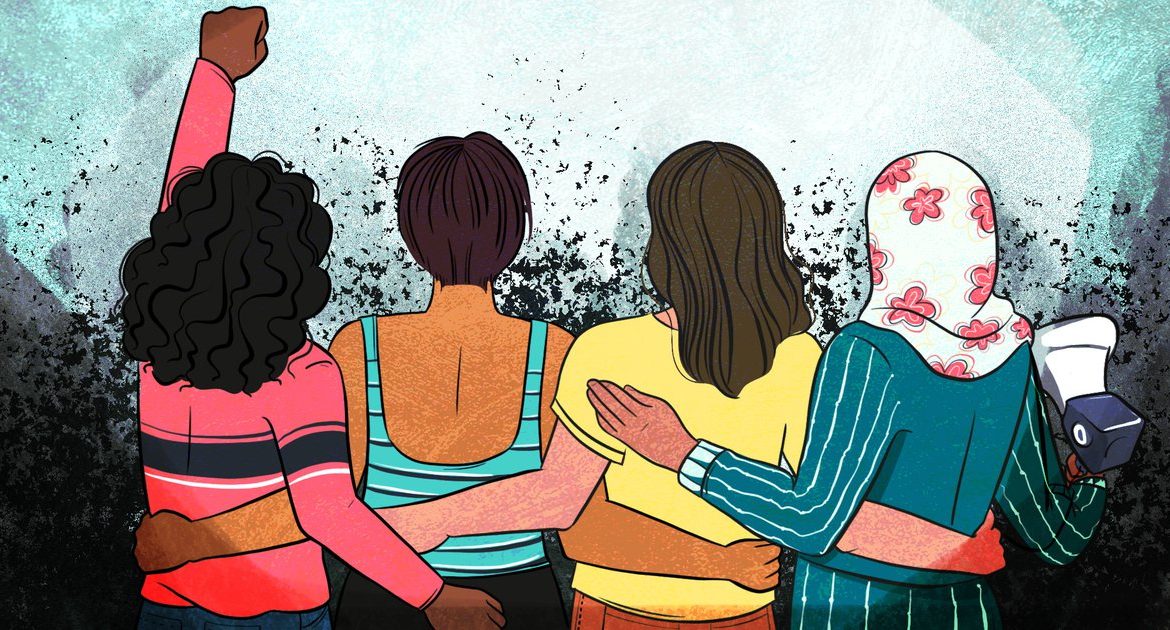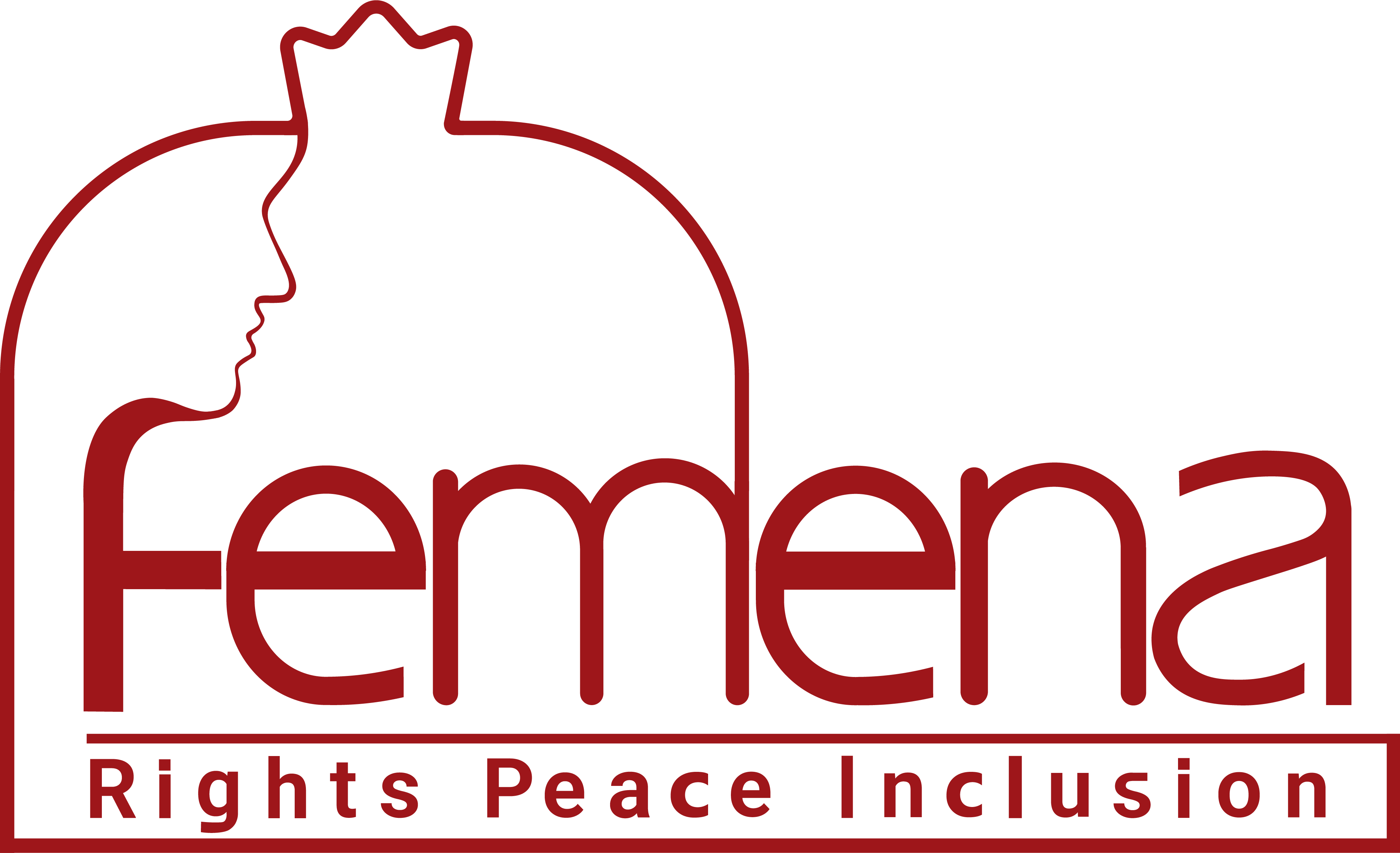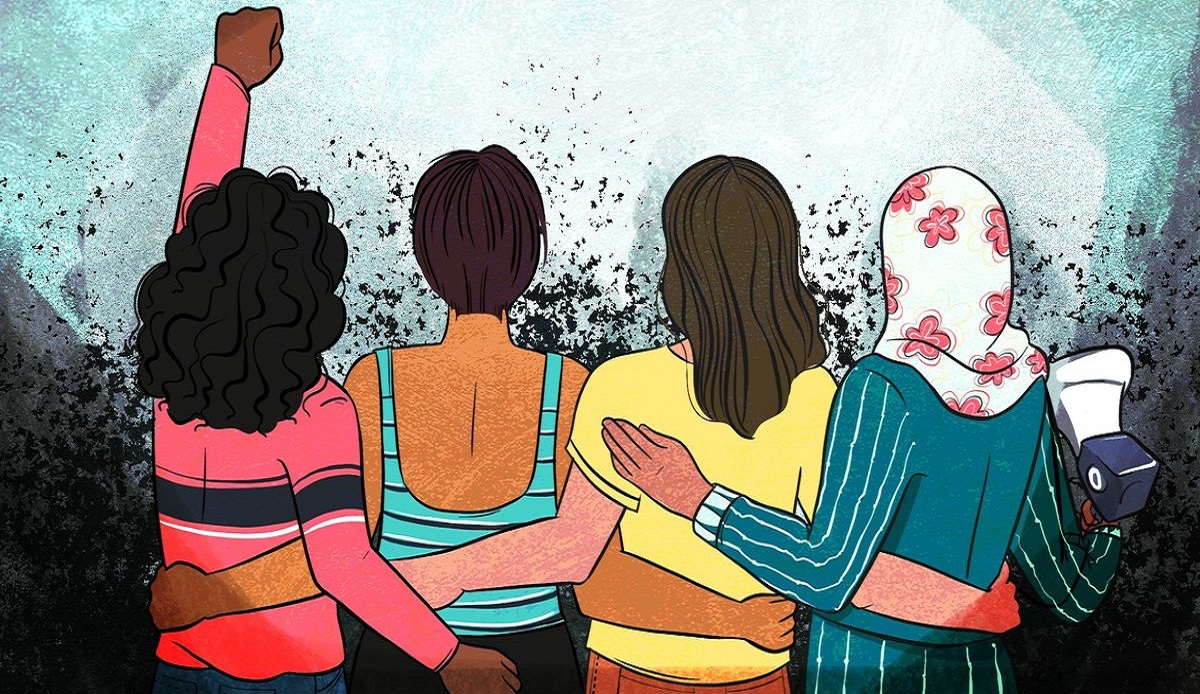
Source: Tactical Tech
All of us desire and need a sense of security, the feeling that we are protected from harm. When we feel safe, we can relax our bodies, calm our minds, rest, and recuperate. If we are unable to feel safe for extended periods, it is possible for us to quickly become tired, miserable and even physically ill. As human rights defenders, we sometimes choose to sacrifice our sense of safety (at least temporarily) in the pursuit of a better society, free from oppression and exploitation. Unfortunately, in the course of our work as human rights defenders, we are occasionally confronted by others who will try, perhaps through violence, intimidation, and harassment or by more subtle methods of oppression, to prevent us from achieving our goals.
Maintaining and expanding our space
Incidents ranging from arrests, intimidation, and violent attacks to harassment, reputational attacks, surveillance, and social exclusion can all be viewed as attempts made by our adversaries (those who don’t share our aims or actively oppose them) to limit or close the spaces in which we work and live. These ‘spaces’ can mean literal physical spaces, including public squares and areas where groups can protest or demonstrate, our offices or homes, as well as our economic space (by limiting our access to resources), our social space (by limiting our freedom of expression or peaceful association), our technological space (through censorship, surveillance and access to our data), our legal space (through judicial, administrative or bureaucratic harassment), our environmental space (through the promotion of ‘development’ models which are not sustainable), to name but a few.
By adopting an organised approach to security, our ultimate aim is to defend our space for work and, ideally, expand it so that the societies and States in which we operate will move with us towards respecting and protecting human rights.
In order to do this, we can adopt various tactics and utilise tools and weave them into plans for our human rights activities. These tools and tactics often correspond to one or more strategies for maintaining and expanding our space for work: those which encourage others to accept our work, those which deter attacks against us, and those with which we protect ourselves.
Well-being as subversive and political
The threats faced by human rights defenders are varied and complex. We are perhaps used to thinking about security in rather narrow terms, such as protecting ourselves from violent attacks, office raids, judicial harassment or threats from armed groups.
While an organized approach to these kinds of threats is indeed necessary, a holistic approach to security goes beyond that. Threats may also include structural forms of violence and harassment: economic and other types of marginalization, extremely heavy workloads, lack of financial security, stress and traumatic experiences, among a host of other factors. Such threats not only affect us, but also have implications for the people around us, including friends and family. Further, we must recognize that external threats affect not only our physical safety but also the space within ourselves, our bodies and our minds which, when threatened, inhibit our capacity to carry out our work and be content doing so. Well-being is central not only to carry out our activism effectively but also to our ability to think as ‘objectively’ as possible, analyze and strategize.
A holistic approach to security understands self-care not as selfishness, but as a subversive and political act of self-preservation. How we define our well-being in the context of activism is subjective and deeply personal. It is influenced by the differing needs of our bodies and minds, the challenges we face, our beliefs (religious, spiritual or secular), our gender identities, interests and relationships. As activists and human rights defenders, we must define security for ourselves and build solidarity and support for one another into our groups, organisations and movements on this basis.
In spite of threats to our space for work and personal expression, we don’t often give up: we decide to keep challenging the injustices which we see in the world. For this reason, we can think of security for human rights defenders as well-being in action: being physically and emotionally healthy and sustaining ourselves while continuing to do the work that we believe is important, and carrying out the necessary analysis and planning to stay secure on our own terms.
Taking control of our information
No organised approach to security is complete without an organised approach to information and data management. The tools we rely on to manage our information–digital and analogue–also form part of our space for work and are subject to many of the same threats which we face in other areas.
Largely unseen and operating behind closed doors, the surveillance industry has experienced huge growth since the turn of the century. Access to our sensitive data (the files we manage, our email and mobile phone communication, etc.) is ever more important to those seeking to hinder the work of human rights defenders. Equally, the digital dimension now comprises a huge part of our lives, yet many of us feel that it is not within our control or treat it as something which does not impact our ‘real’ security. We must challenge these perceptions; identifying our sensitive data, understanding where it is stored and who has access to it, before undergoing a process of implementing means to protect it is not only a security measure, but also an act of political self-empowerment.
Holistic security practice, therefore, refers to the conservation of the well-being and agency of ourselves as human rights defenders, our families and communities, through the consistent use of psycho-social, physical, digital and other tools and tactics in ways that reinforce (rather than contradict) each other. These tactics enable us to increase our overall security, mitigate the threats we face and expand the choices we are able to make on a day to day basis.


